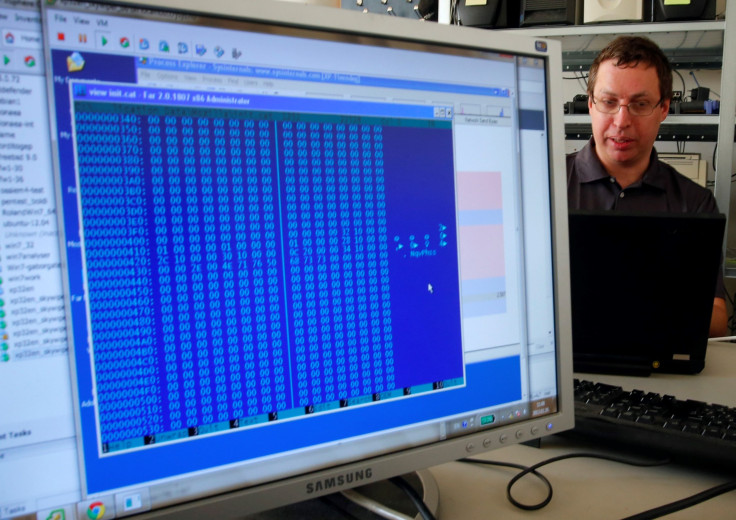Unbreakable computer virus makes Australian users pay ransom

A unbreakable computer virus on the block called the Cryptolocker has got a large number of Australians shelling out thousands of dollars to retrieve important files from the overseas hackers. The virus hijacks compute files after entering the system and demands a ransom from the owners in exchange for the hijacked files.
The “ransomware,” as it is being termed, enters the system through apparently harmless emails and other programs, and usurps the files including photos that are stored in the computer. An increasing number of Australians are falling victim to the foul program, which is “unbreakable” till now. ABC news reported that the Cryptolocker comes in a number of versions and has been capitalising on the release of the latest Windows 10. It can infect the computer by arriving in the form of an email containing a zip file for installing the operating system.
Josh Lindsay, an IT technician, said that he has been repairing computers for the past 15 years but the virus in question is “unbreakable.” "It's definitely the worst I have come across," he said. "If it's on bitcoin they can use it to purchase anything online from gold bullion, to shares, to property even and it's virtually untraceable."
Delia Rickard, deputy chairwoman of Australian Competition and Consumer Commission, said that the number of people fallen victim to the malware has increased over the last two months. She added that the commission has already received 2,500 complaints this year and the hackers have pocketed about AU$400,000. "That's the tip of the iceberg," she said.
Thomas King, the general manager of the Australian Cyber Emergency Response Team, who is also a part of the University of Queensland, said that it is sad that such a large number of computer users, including individuals, non-profits, companies and organisations, had to pay to the ransom to restore their files as there is not enough cyber security to protect their privacy. He urged people to exercise caution while accessing emails and ensure that all important data that are kept offline have a proper backup.
Contact the writer at feedback@ibtimes.com.au, or let us know what you think below.





















